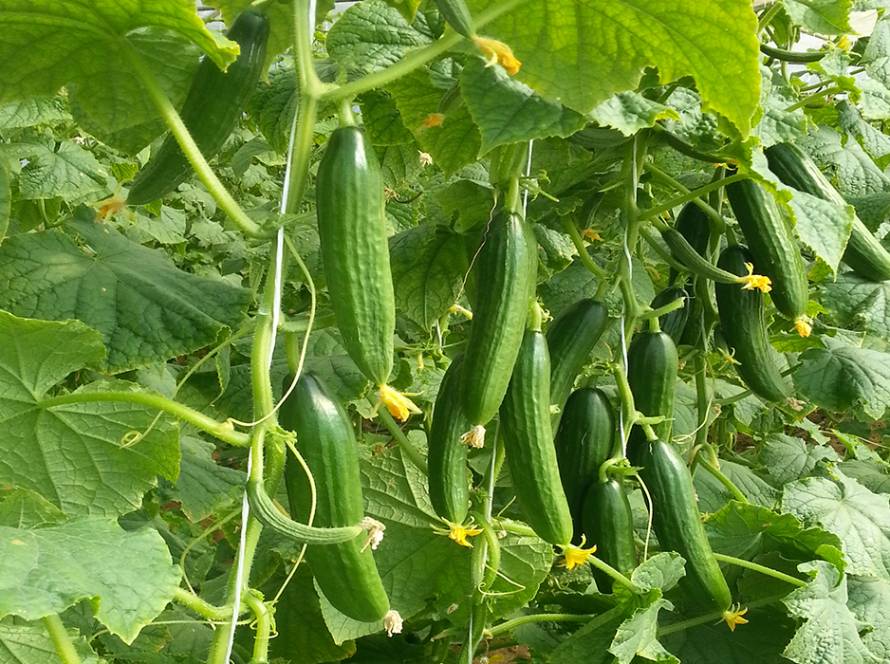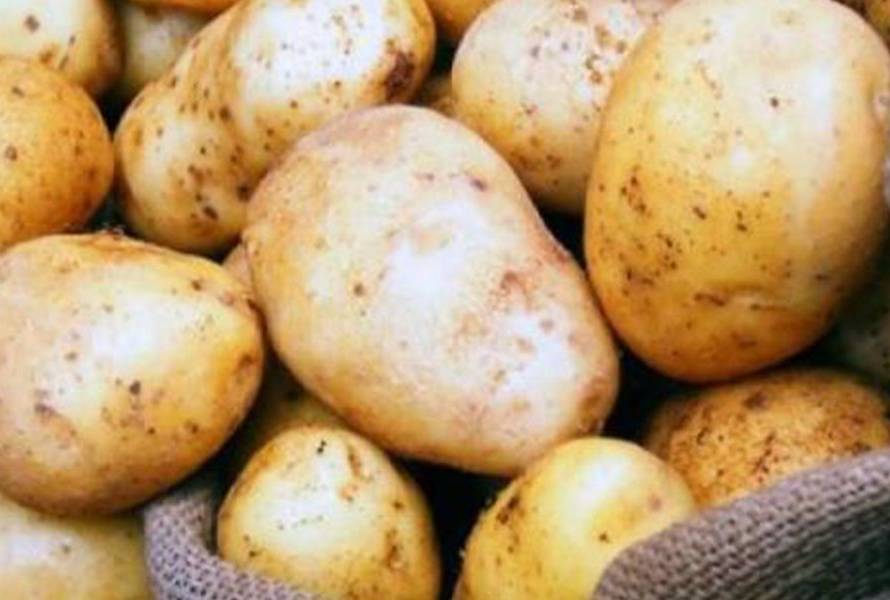Silicon: A Key Element for Enhancing Plant Resistance
Silicon is a biologically active element associated with essential benefits for plants, both mechanically and physiologically. It plays a crucial role in reducing biotic and abiotic stress while strengthening the plant’s resistance against pathogenic fungi. Numerous global studies have confirmed that silicon activates the plant’s defense mechanisms.
How Does This Happen?
Silicon interacts with biochemical processes, boosting plant resistance. Although the exact mechanism is not yet fully understood, research has consistently shown that silicon enhances the plant’s ability to withstand fungal infections and stress.
What makes silicon unique is its ability to regulate the timing and intensity of a plant’s defense response. It binds to hydroxyl (OH) groups in signaling proteins and interacts with ketone cofactors of enzymes involved in disease development and symptoms. In simple terms, silicon influences plant genes responsible for stress resistance.
Silicon’s Role in Disease Resistance
Externally, silicon strengthens the plant’s mechanical defense by preventing fungal penetration, particularly in leaves. The first disease where silicon was tested was powdery mildew in cucumbers. Later, researchers discovered that silicon is effective against other fungal diseases as well.
Beyond Disease Resistance: Additional Benefits of Silicon
- Enhancing Photosynthesis:
Silicon improves the efficiency of the thylakoid membrane in chloroplasts, especially in rice under drought and water stress conditions. - Improving Nutrient Absorption:
It enhances nitrate and sulfate uptake, which in turn increases proline levels—an essential compound that strengthens a plant’s tolerance to abiotic stress. - Stimulating Root Growth in Saline Conditions:
Scientific studies have confirmed that silicon promotes root development even under salt stress. - Protecting DNA from Damage:
Exposure to UV radiation causes the formation of harmful pyrimidine dimers in plants, leading to DNA damage. Silicon helps mitigate this by increasing the concentration of compounds that absorb cyclobutane pyrimidine, preventing DNA degradation. Additionally, silicon enhances the production of the photolyase gene, which repairs UV-induced DNA damage. - Boosting Resistance in Crops:
Research has shown that silicon enhances the resistance of tomatoes and watermelons against bacterial pathogens. It also helps wheat and rice combat salinity stress. - Enhancing Polyamine Production:
Silicon promotes the production of polyamines, which are crucial for various biological processes affecting plant growth and development.
Research & Development Team – Smart Land Company



